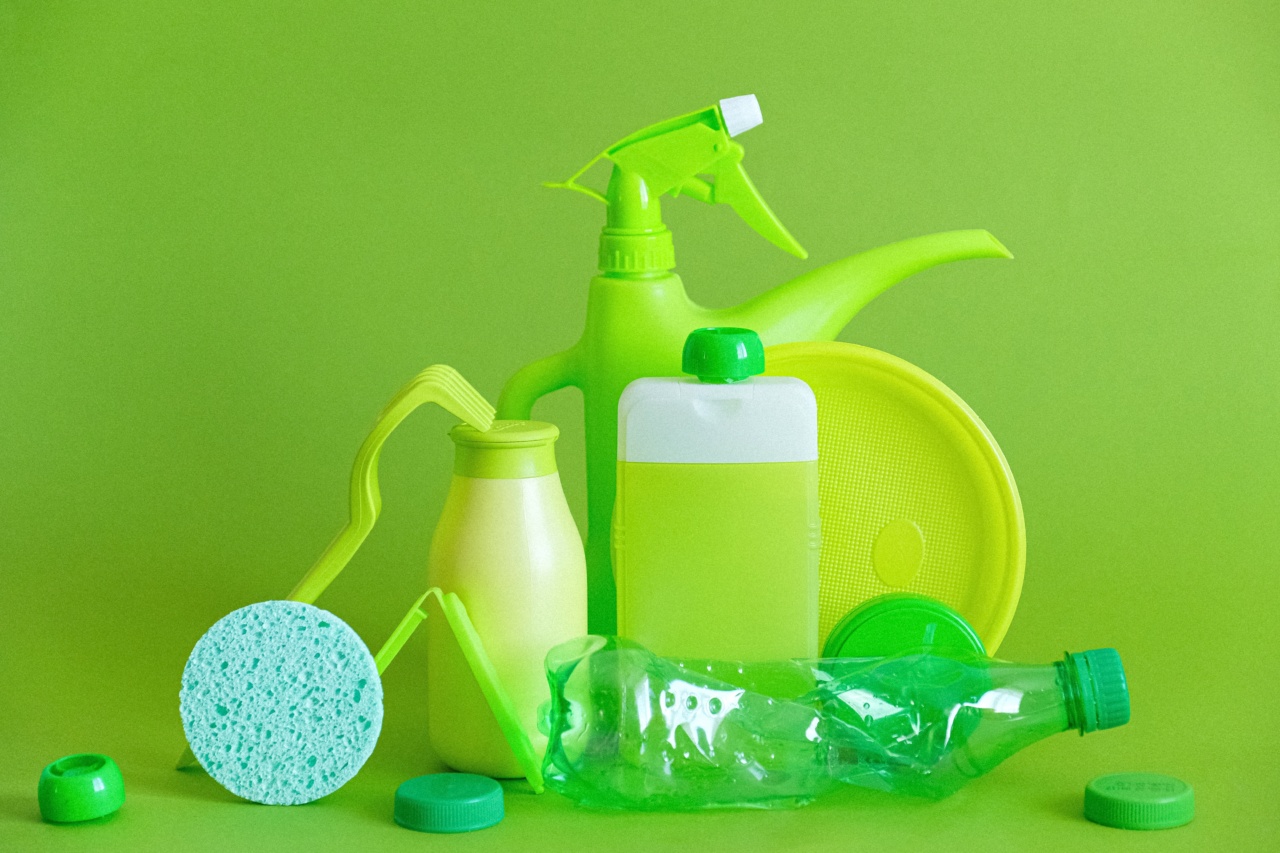Coffee is one of the world’s most loved and consumed beverages. It contains caffeine, which is why most people drink coffee to start their day and feel energized.
However, recent research reveals that coffee might also have adverse effects on some individuals. Some studies suggest that regular coffee consumption may increase the risk of certain cancers.
Here are the 30 types of cancer that can prevent regular coffee consumption.
1. Bladder Cancer
The American Institute for Cancer Research reported that drinking more than two cups of coffee per day increases bladder cancer risk.
2. Brain Cancer
Caffeine, the primary component in coffee, may increase the risk of developing brain tumors, says a study conducted by the National Toxicology Program and the National Institutes of Health in the United States.
3. Breast Cancer
Women who consume more than three cups of coffee per day can have a higher risk of developing breast cancer. The study from the Breast Cancer Research Journal also showed that coffee was even worse for women with a family history of breast cancer.
4. Cervical Cancer
Constant coffee drinkers have a higher risk of getting cervical cancer, according to a study conducted in Brazil. The study found that consuming four or more cups of coffee increases the risk of cervical cancer by 50%.
5. Colorectal Cancer
Studies suggest that regular coffee consumption leads to a higher prevalence of colorectal cancer.
According to a study of the American Journal of Clinical Nutrition, drinking more than four cups of coffee per day may increase the risk of colorectal cancer by 15%.
6. Endometrial Cancer
A study in the Cancer Epidemiology, Biomarkers & Prevention journal observed that women who consume more than four cups of coffee per day had a higher risk of developing endometrial cancer.
7. Esophageal Cancer
A study in China suggested that coffee may increase the risk of esophageal cancer. The results showed that those who drank coffee frequently had a higher risk of esophageal cancer.
8. Gastric Cancer
Coffee intake was associated with gastric cancer in a recent study published in the International Journal of Cancer. The research found that regular coffee consumption increases the risk of gastric cancer.
9. Head and Neck Cancer
According to a study in the American Journal of Epidemiology, people who drank more than four cups of coffee per day showed an increased risk of developing head and neck cancer compared to the non-coffee drinkers.
10. Kidney Cancer
The National Cancer Institute revealed that coffee can increase the risk of developing kidney cancer. The risk of kidney cancer was 40% higher among those who consumed more than three cups of coffee per day.
11. Leukemia
One study conducted in the United States uncovered the connection between high caffeine intake, such as large amounts of coffee, and elevated risk of leukemia in children.
12. Liver cancer
The World Health Organization (WHO) labeled coffee as a ‘possible carcinogen’ in 2016. It implies that coffee has a potential cancer-causing effect.
One study published in the Public Library of Science (PLOS) found that regular coffee consumption can increase the risk of liver cancer.
13. Lung Cancer
Research has suggested that coffee intake may increase the risk of lung cancer. The more coffee you drink, the higher your risk becomes, says a study in the European Journal of Epidemiology.
14. Lymphoma
A study conducted by the National Cancer Institute finds that drinking coffee may raise the risk of developing lymphoma, a type of blood cancer.
15. Melanoma
In a study by Yale researchers, people who drink four or more cups of coffee per day have a 20% higher risk of developing melanoma.
16. Myeloid Leukemia
Caffeine found in coffee has been linked with high levels of myeloid cells, which increase the risk of developing myeloid leukemia.
17. Oral Cancer
A study by the American Journal of Epidemiology found that people who drank more than two cups of coffee per day had a 50% increased risk of developing oral cancer compared to those who drank less than one cup per day.
18. Ovarian Cancer
Research has shown that coffee can increase the risk of ovarian cancer by more than 50% for women with BRCA1 mutations, according to a study published in Cancer Research Journal.
19. Pancreatic Cancer
Caffeine and other chemicals found in coffee have been tied to pancreatic cancer.
A study in the Cancer Epidemiology, Biomarkers & Prevention found that people who consumed two or more cups of coffee per day had a higher risk of developing pancreatic cancer.
20. Prostate Cancer
A study conducted by the American Association for Cancer Research discovered that drinking more than six cups of coffee per day can increase prostate cancer risk.
Coffee increases levels of prostate-specific antigen (PSA), which is often used to diagnose prostate cancer.
21. Rectal Cancer
A study published in the Journal of Cancer found a correlation between high coffee consumption and rectal cancer. Those who drank more than four cups of coffee per day were more prone to develop rectal cancer than those who drank little or no coffee.
22. Stomach cancer
The International Agency for Research on Cancer (IARC) conducted a study that suggests coffee consumption is a potential factor in developing stomach cancer.
Individuals who consume more than three cups of coffee per day have a 40% greater risk of developing stomach cancer.
23. Testicular Cancer
A study conducted by the Cancer Epidemiology, Biomarkers & Prevention suggested that high caffeine intake, such as drinking four or more cups of coffee per day, increases the risk of testicular cancer.
24. Thyroid Cancer
A study of the Epidemiology Journal suggests that coffee consumption can increase the risk of thyroid cancer. Women who consumed four or more cups of coffee per day had a 69% higher risk than women who did not consume coffee at all.
25. Uterine Cancer
A study published in the Cancer Epidemiology, Biomarkers & Prevention found that women who consumed a high amount of caffeinated drinks, such as coffee, had an increased risk of developing uterine cancer.
26. Basal Cell Carcinoma
It’s a type of skin cancer that is linked to high coffee consumption. A study in the Journal of International Cancer showed that individuals who drank three or more cups of coffee per day had a 17% higher risk of developing basal cell carcinoma.
27. Non-Melanoma Skin Cancer
Drinking more than four cups of coffee per day can increase the risk of developing non-melanoma skin cancer, as shown by a study published in the European Journal of Cancer Prevention.
28. Prostate Cancer (Advanced)
Men who drank at least six cups of coffee per day had a 60% higher chance of developing advanced prostate cancer, according to a study in the Journal of the National Cancer Institute.
29. Small Intestinal Cancer
A study published in the Cancer Causes & Control journal discovered that drinking two or more cups of coffee per day can increase the risk of small intestinal cancer.
30. Hepatocellular Carcinoma
It’s a type of liver cancer associated with higher coffee intake.
A study from the Journal of the National Cancer Institute found that individuals who drank more than five cups of coffee per day had a 50% greater risk of developing hepatocellular carcinoma.































